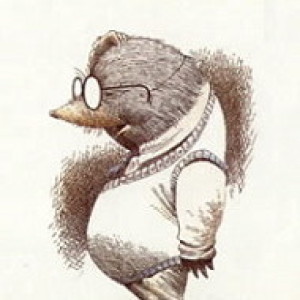Echoes of the Indian Raj
Cotton textiles were of great importance to the British Empire and by the mid-1830s they accounted for more than the half the total value of all British exports. Raw cotton was brought to mills in Scotland and the North West of England to be processed into bolts and bales of cloth.
Colourful labels known as "shipper's tickets"were routinely glued on to sample fabric pieces sent around the world. They were used to identify the brand, type and length of fabric in the piece. Shipper's tickets were carefully designed to attract a multitude of cultures and beliefs into buying a particular merchant's brand of cloth.
This colourful example was used to label cloth manufactured in Manchester for the Indian market. It was given to me by a cousin who was born in the Indian town of Dhariwal, Punjab in the dying days of the Indian Raj. His father, my uncle, was a manager in a woolen mill in Dhariwal. My cousin purchased the ticket a couple of years ago in an old shop in Shimla, the summer capital of British India.
The story of the Ralli Brothers is well worth a read!

Comments
Sign in or get an account to comment.


